Maintaining your BMW's braking system is crucial for its safety and longevity.
One question that often arises is whether or not rotors can be resurfaced.
The answer is yes, but it's essential to understand the specifics of when and how this can be done.
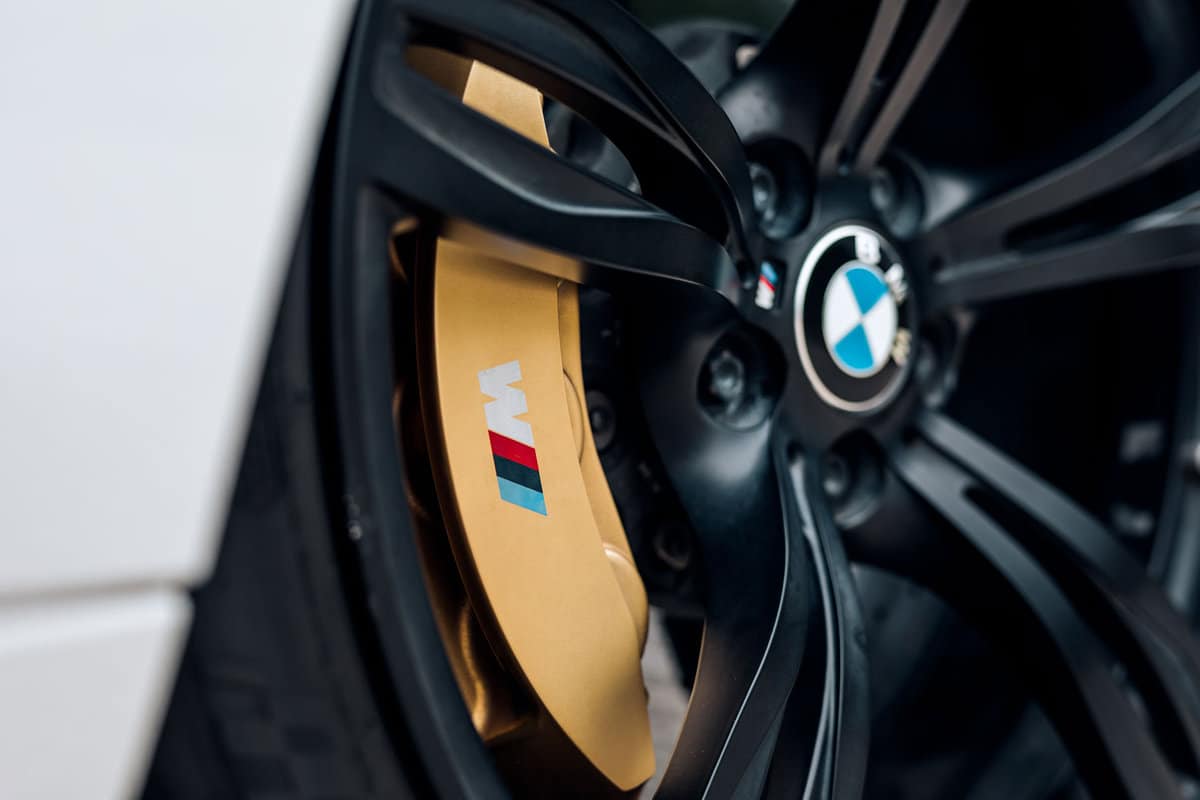
In some instances, this process can help extend the life of your rotors, save money, and improve your vehicle's braking performance.
However, not all BMW rotors are suitable for resurfacing, and opting for a replacement may be the safer and more efficient option.
Continue reading to learn whether your BMW rotors can be resurfaced and how to make an informed decision about maintaining your vehicle's braking system.
Can My BMW Rotors Be Resurfaced?
In some situations, BMW rotors can indeed be resurfaced.
Resurfacing brake rotors involves removing a thin layer of the brake disk's material from their surface.
This can help eliminate brake pad deposits and corrosion, smoothening out any irregularities in your rotor that cause vibrations.
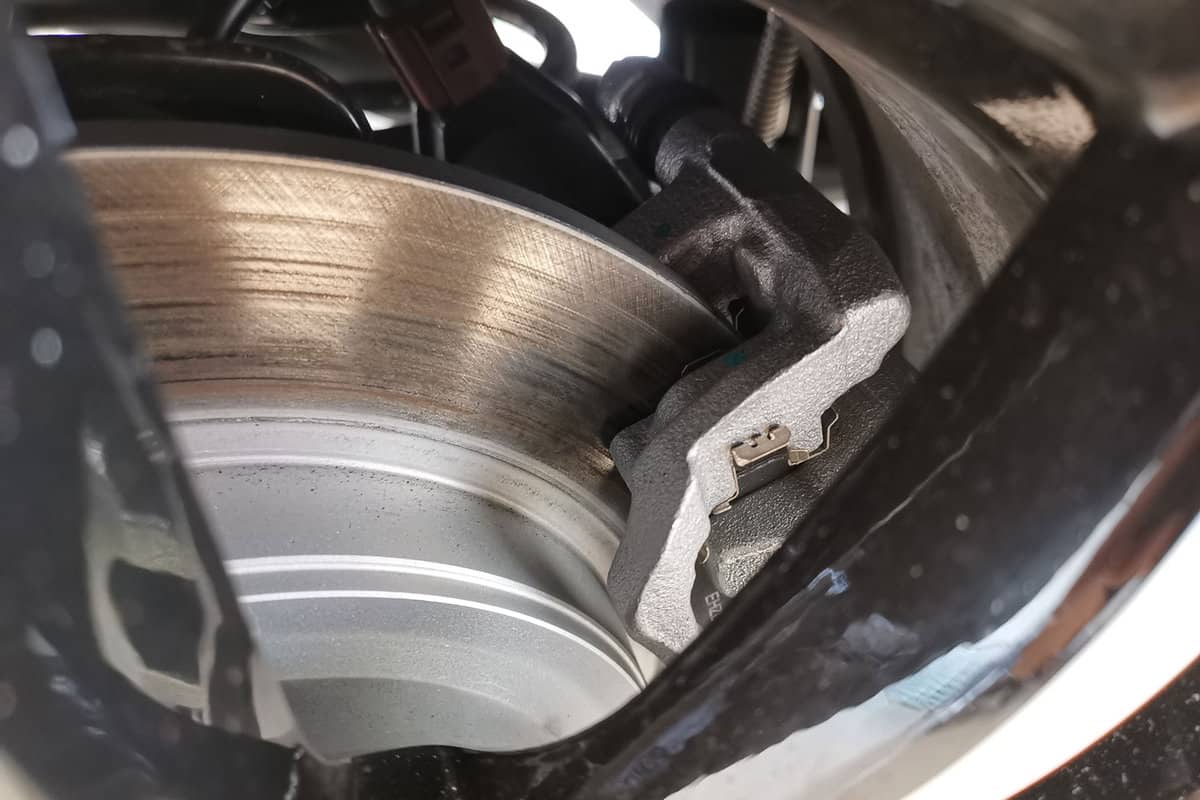
That said, some crucial factors should be considered before resurfacing your BMW's rotors.
Many BMW experts argue that rotors should be replaced rather than resurfaced if they're not within the manufacturer's specifications.
This is because BMW rotors are purposefully made thin to save weight.
Resurfacing could make them even thinner, potentially leading to reduced braking efficiency.
So, make sure to consult your mechanic or BMW dealer for the best advice based on your specific vehicle and its current condition.
Continue reading: How Long Does It Take To Replace Brakes And Rotors?
When Should My BMW Rotors Be Resurfaced?
Knowing when to resurface your BMW rotors is essential for maintaining your vehicle's braking system. Here are some considerations:
Rotor Thickness
Resurfaced rotors must meet the minimum thickness (usually around 45 mm) specified by the manufacturer.
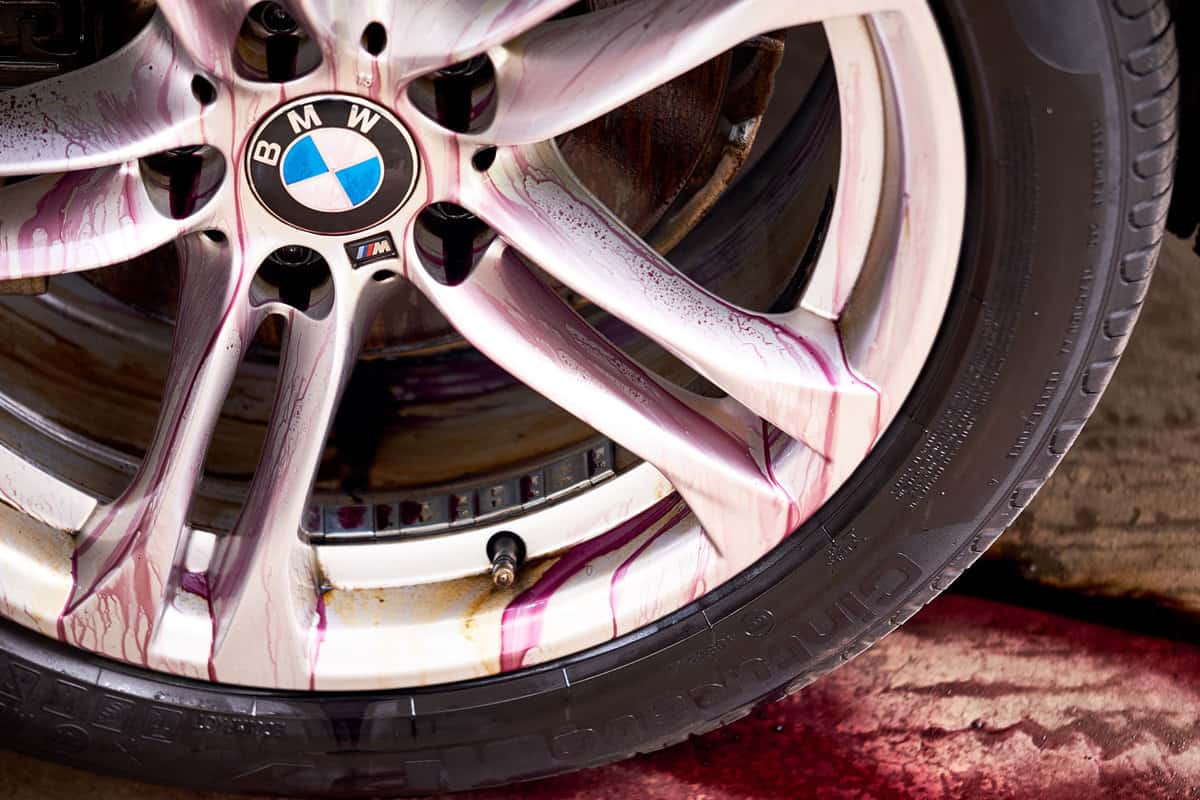
If a rotor can't meet this requirement, it's not safe to resurface and should be replaced instead.
There Should Be NO Warping or Cracking
If a rotor is warped or cracked, it's not safe to resurface and should be replaced with a new one.
What Are Symptoms of Bad BMW Brake Rotors?
Having trouble with your BMW's brake rotors can be pretty frustrating, so let's look at some common symptoms of bad ones.
Symptom 1: Noisy Brakes
When you're experiencing noisy brakes, it could be a sign of warped or severely worn rotors.

A squealing sound often indicates warped rotors, while the scraping noise usually signifies severely worn ones.
Always listen for these sounds, as they're a helpful indicator that your brake system needs some attention.
Symptom 2: Brake Pedal Pulsations
Another symptom to watch out for is brake pedal pulsations.
If you feel a pulsating sensation under your foot as you apply pressure to the brakes, it could mean there's an issue with the rotor's surface.
If not addressed, this may lead to an uneven distribution of braking force and unsafe driving conditions.
Symptom 3: Steering Wheel Shaking or Vibrating When Braking
Lastly, if you notice your BMW's steering wheel shaking or vibrating when braking, this might also be connected to bad brake rotors.

Uneven wear on rotors can cause steering vibrations, which could affect your control and overall driving experience.
You might also like: BMW Is Shaking—What Could Be Wrong?
How Much Does it Cost to Resurface BMW Rotors?
Resurfacing your BMW rotors is a cost-effective alternative to replacement as long as it does not compromise your vehicle's performance or safety.
The cost of resurfacing a BMW rotor ranges from $40 to $70 per rotor, excluding labor.
Compared to replacing the rotors entirely, this might seem like a bargain, costing $200 to $500 per pair.
However, consider that you'll need to pay labor fees, which can add an additional $40 to $80 per hour to your total bill.
Why Do BMW Brake Rotors Wear Down?
When you use your BMW brakes, friction is produced between the brake pads and rotors, which causes them to wear down over time.
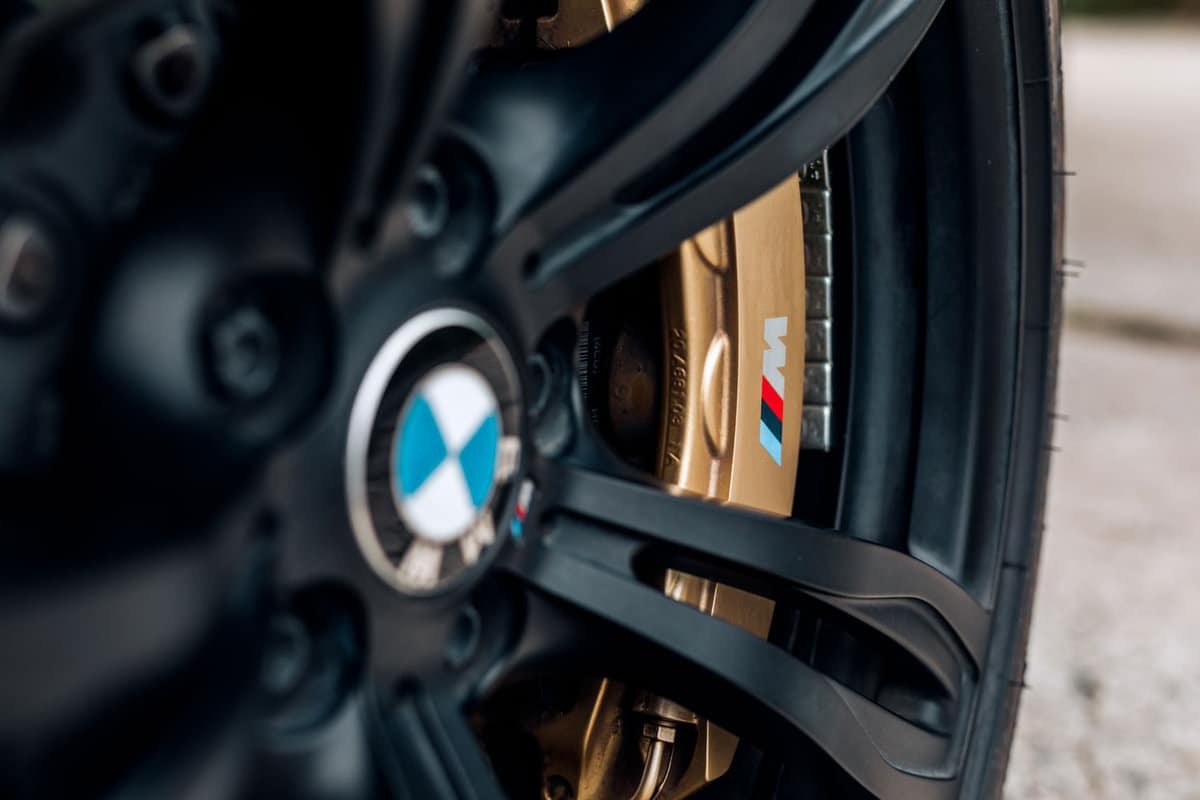
It's an inevitable part of the braking process, but several factors can accelerate this wear.
Your Driving Habits
Driving habits significantly affect how quickly your brake rotors wear down. If you tend to brake aggressively or consistently ride the brakes, your rotors wear more on fast.
Maintaining a safe following distance, anticipating stops, and utilizing engine braking can help extend the life of your brake rotors and pads.
Brake Pads Quality
The choice of brake pads can also affect rotor wear.
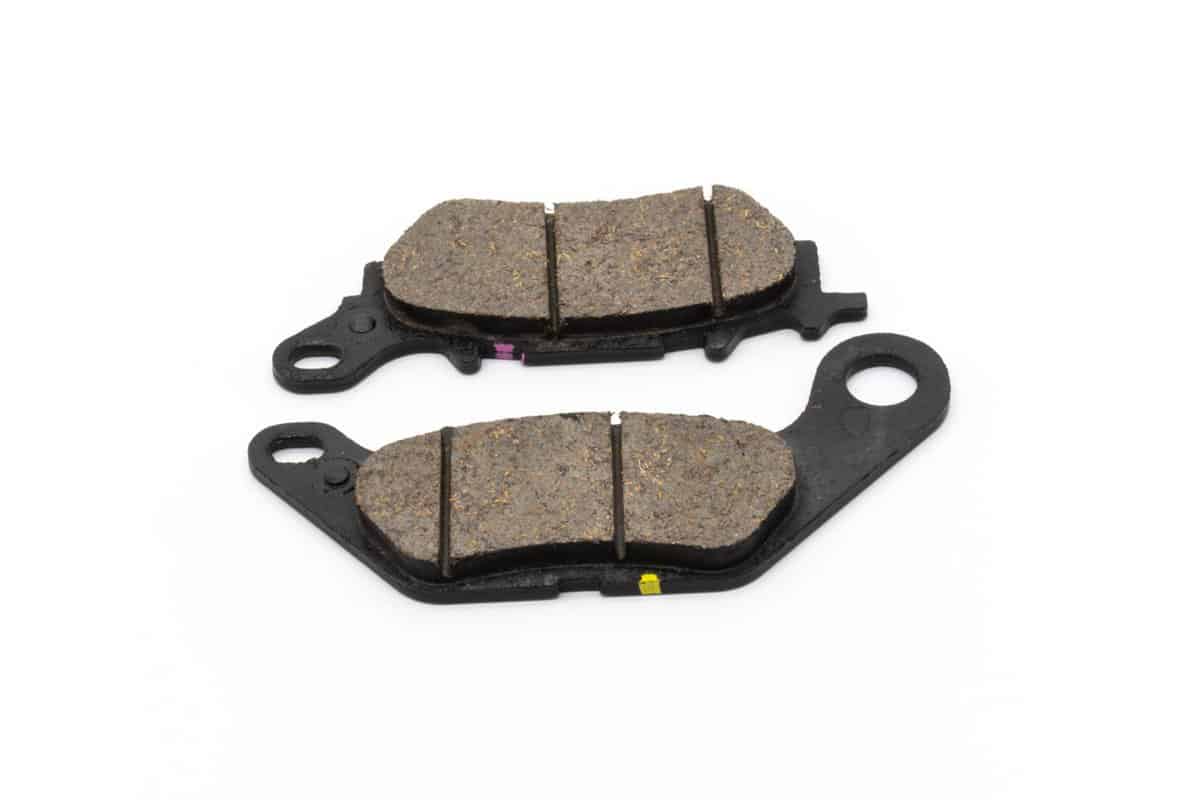
Some high-performance or low-quality brake pads may generate excessive heat during braking, leading to warping or cracking of the rotors.
Opting for a quality brake pad from a reputable manufacturer or BMW-approved brand can help reduce the risk of rotor damage.
Environmental Factors
Lastly, environmental factors like driving conditions, road debris, and exposure to salt or moisture can contribute to rotor wear.
Corrosion and rust can form on the rotors, sabotaging the surface and reducing overall braking performance.
Regular maintenance and inspecting your rotors for signs of damage can help prevent more severe issues down the line.
What Causes BMW Rotor Vibrations?
Possible causes of BMW rotor vibrations include uneven wear, warping, rust buildup, and improper installation or retention of rotors.
Uneven Wear
Uneven wear can occur if your brake pads are not applying consistent and equal pressure to the rotor surface.
Rotor Warping
Another contributing factor to vibrations is rotor warping. This can happen if the rotors are exposed to extreme heat during aggressive driving or long downhill descents.
Rust Buildup
Excessive rust on the rotors is yet another possible culprit behind vibrations.
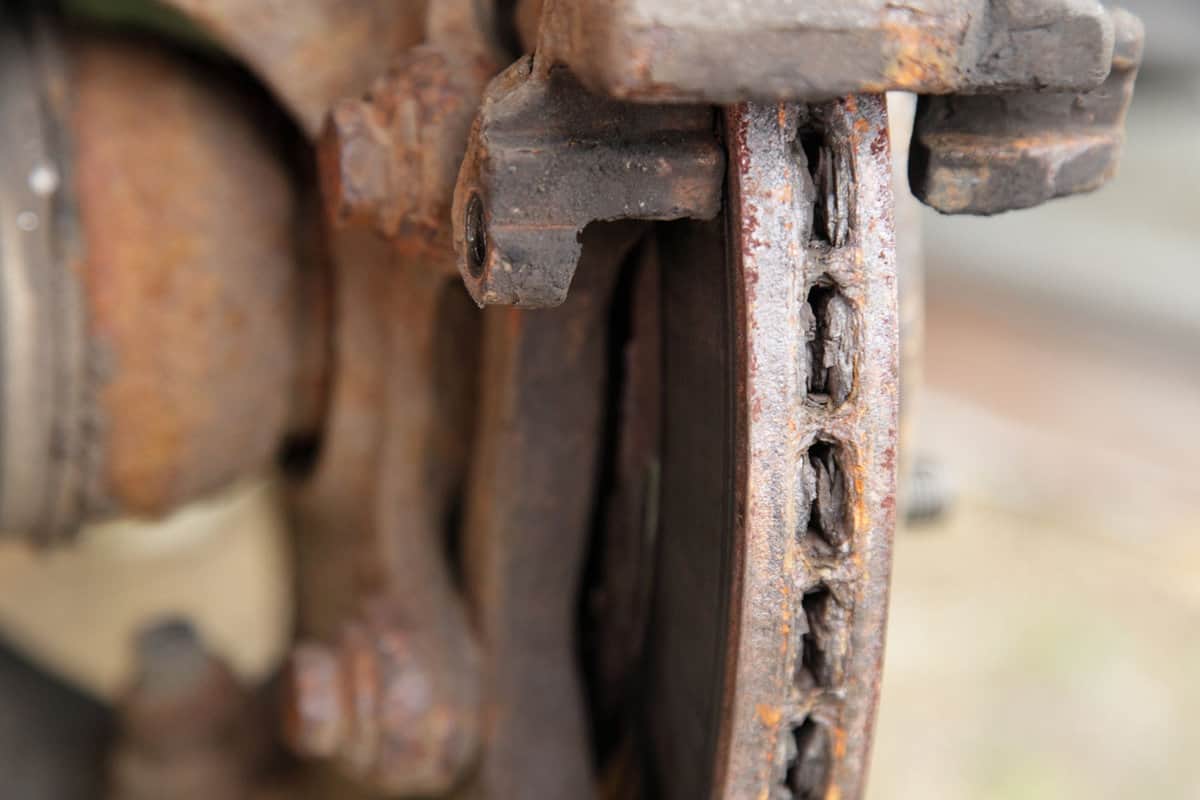
Rust buildup can affect the rotor surface and lead to uneven braking performance. To maintain optimal braking performance, regularly inspecting and cleaning your brake rotors is essential.
Related article: Is It Safe To Drive With Rusted Rotors?
Improper Installation or Retention
If the retaining screws are loose or missing, the rotor might shift during braking, causing vibrations.
It's crucial to ensure that all components are correctly installed and secured.
Final Thoughts
Overall, while it's possible to resurface BMW rotors, it's essential to consider your rotor's condition before proceeding with the process.
When caring for your BMW's brake system, staying informed about best practices and following maintenance recommendations is crucial.
Doing so ensures you'll enjoy safe and smooth driving experiences for years.
We hope this article has provided you with helpful insight into BMW rotor resurfacing.
Remember to consult a professional if you're unsure about your car's maintenance.
Happy driving, and stay safe on the road!
